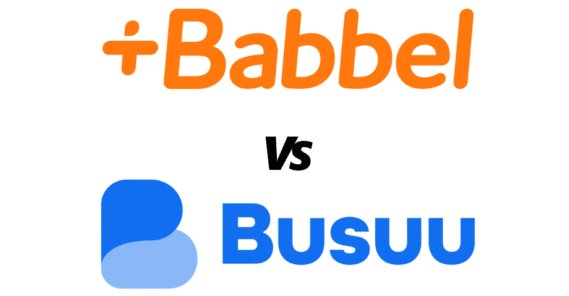In the digital age, online learning has gained tremendous popularity, offering individuals the flexibility and convenience to acquire knowledge from anywhere at any time. While traditional in-person training has its merits, online learning has emerged as a superior alternative in numerous aspects. This article will explore the advantages of online learning over in-person training, highlighting the benefits that make it a preferred choice for many.
Recent Blogs
You’re probably reading this because you want to know how to foster employee engagement whilst working remotely. And rightly so! Employee engagement is key to any company’s success, remote or not. The good news is that it can be done—and it starts with following these five crucial steps.
Establish Open Communication Channels
Make sure to establish open communication channels with your remote employees.
This means having regular check-ins, even if it’s just a quick five-minute chat, so that you can stay on top of their work and ensure that they’re staying engaged. You should also be proactive in addressing any issues or concerns as soon as they arise.
By fostering an open and honest line of communication, you will help to build trust and keep your team feeling connected, which are both keys to engagement.
Busuu and Babbel are popular language-learning platforms offering interactive courses and language-learning features. Both platforms have their strengths and weaknesses, and the choice ultimately depends on your individual learning preferences and goals.
Here’s a brief comparison of Busuu and Babbel!
You want to make a difference on a global scale. We’re here to assist you.
Speaking more than one language has become increasingly important in our increasingly interconnected world. Being able to communicate with people from all over the world is a valuable skill that can help you make new connections, conduct larger-scale business, and better understand other cultures.
But where do you begin with so many languages in the world? This article will provide an overview of the world’s ten most widely spoken languages. This guide is for you if you want to learn a new language for work or travel, or if you simply want to be able to converse with more people.
Current language learning software is great, but it can often be repetitive and impersonal. You might not get the feedback you need to improve your language skills. But with AI technology, you can get programs that are tailored to your specific needs. You can also get real-time feedback to help you improve your language skills faster.
Imagine if you could get a language learning program that was as personal as a tutor, and as effective as the best software out there. Well, that’s what AI technology can offer you- and more.
Current language learning software is great, but it can often be repetitive and impersonal. You might not get the feedback you need to improve your language skills. But with AI technology, you can get programs that are tailored to your specific needs. You can also get real-time feedback to help you improve your language skills faster.
Imagine your ideal candidate. They’re highly qualified, motivated, and have the perfect mix of skills and experience for the job. You might be surprised to learn that language proficiency is often one of the top factors considered when making a hire.
If you are bilingual or multilingual, you have a unique set of skills and abilities that can lead to a successful career.
Multilinguals are able to communicate with people from all over the world, which makes them invaluable in the business world. They can act as interpreters and translators, and they can also work in international marketing, travel, and tourism.
Multilinguals are also in high demand in the field of education. They can teach languages, and they can also work as language advisors or consultants.
There are many other lucrative careers that bilinguals and multilinguals can excel in. The list below provides just a few examples. So don’t miss out on your potential – unlock it today with one of these 11 lucrative careers!
1993: Born to transform the corporate language training industry
Our founder, Paule Grenier, was already teaching Bell Canada employees English as a second language in the Montreal office when they decided to close the onsite language school. Initially collaborating with three other English teachers, we formed a small company called: Montreal English Language Teachers (MELT). Coinciding with the Quebec government creating a program that encouraged corporate training, we quickly realized we had to hire teachers, move away from a home office to a proper downtown location, and switch over to our French name and acronym: les Enseignants de langue anglaise de Montreal (ELAM).
Pre-employment language testing offers many benefits to companies who wish to hire candidates based on their language skills and proficiency. This type of testing provides employers with an accurate assessment of a potential employee’s ability to communicate in the workplace and is becoming increasingly popular among businesses looking for skilled employees. Let’s take a closer look at why pre-employment language testing is so important
With the rapid advancements in technology, language learning trends are constantly changing. As we look ahead to 2023, there are key trends to keep in mind regarding language learning. Whether you’re a training manager or business owner looking to upskill your workforce, human resources or talent acquisition team who needs to hire the right personnel, or an individual interested in improving their language skills, this blog post will provide insights into what language learning looks like now and what we can expect over the next few years.











